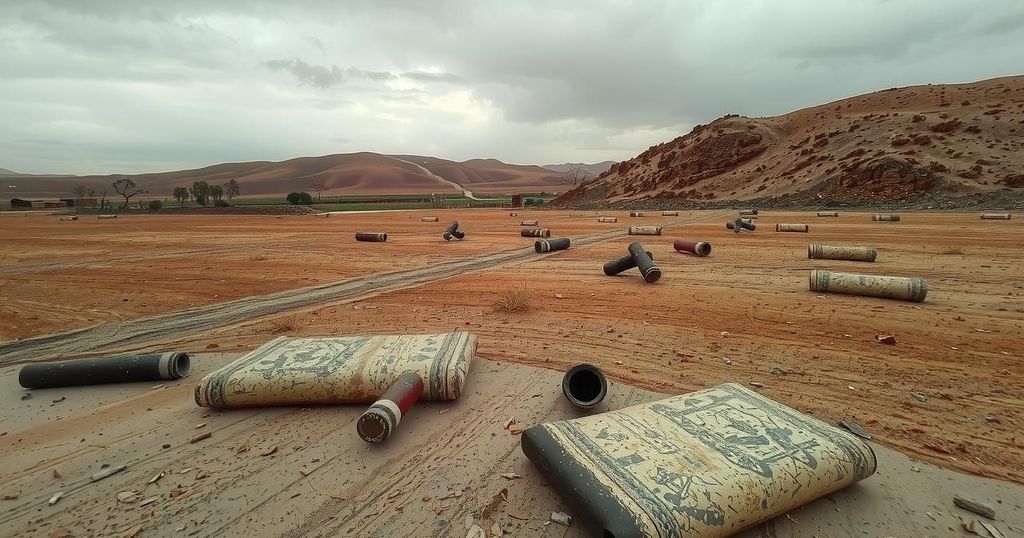Human Rights Watch has raised alarms about the serious risks civilians face from uncleared landmines in Syria. The organization has urged the transitional government to take immediate action to eliminate these dangers. In 2023, antipersonnel landmines caused 833 reported deaths worldwide, reflecting a growing issue. The ICRC warns that recent challenges to landmine prohibitions could worsen the situation for affected populations.
Human Rights Watch (HRW) has expressed serious concerns about the dangers posed by uncleared landmines and explosive remnants to civilians returning to Syria. The organization has called on the transitional government to implement effective measures to safeguard citizens from further harm. It highlights the extensive contamination of agricultural areas and civilian zones by antipersonnel landmines and cluster munitions left over from the ongoing civil war.
HRW’s investigations included interviews with victims and their families. One mother reported that her son developed panic attacks and intense fear after suffering injuries while playing near a military base where explosive remnants were found. The children had thrown these remnants into a fire, which detonated, resulting in severe injuries.
The organization urges the transitional Syrian government to take urgent action, including the establishment of a national mine action authority led by civilians. HRW has recommended collaboration with the UN Mine Action Service (UNMAS) to facilitate ongoing clearance operations across Syria, aiming to mitigate civilian injuries.
This issue extends beyond Syria; globally, there were 833 reported civilian deaths from antipersonnel mines in 2023, the highest since 2011. Major casualties were observed in Myanmar and Ukraine, which accounted for 553 and 151 deaths, respectively. These figures underline the severe toll of landmines on non-combatants worldwide.
Landmines are categorized into anti-personnel and anti-vehicle types. Anti-personnel mines are banned under the Ottawa Convention, which mandates that state parties destroy all such mines within ten years. However, Syria is not a signatory to this convention. Despite global efforts to control these weapons, the recent withdrawal of several countries from the Ottawa framework has raised concerns about potential increases in landmine usage.
Legal experts from the International Committee of Red Cross (ICRC) have noted that challenges to the ban on antipersonnel mines pose significant risks to the safety and welfare of affected populations. This demonstrates the complexities in addressing landmine issues in conflict-affected areas.
The humanitarian crisis caused by landmines in Syria and globally highlights the urgent need for effective clearance and prevention efforts. HRW’s call for the Syrian government to take responsibility and collaborate with international bodies like UNMAS is crucial for protecting civilians. As the global situation regarding landmines continues to deteriorate, active measures must be taken to ensure civilian safety and uphold the principles established by the Ottawa Convention.
Original Source: www.jurist.org






